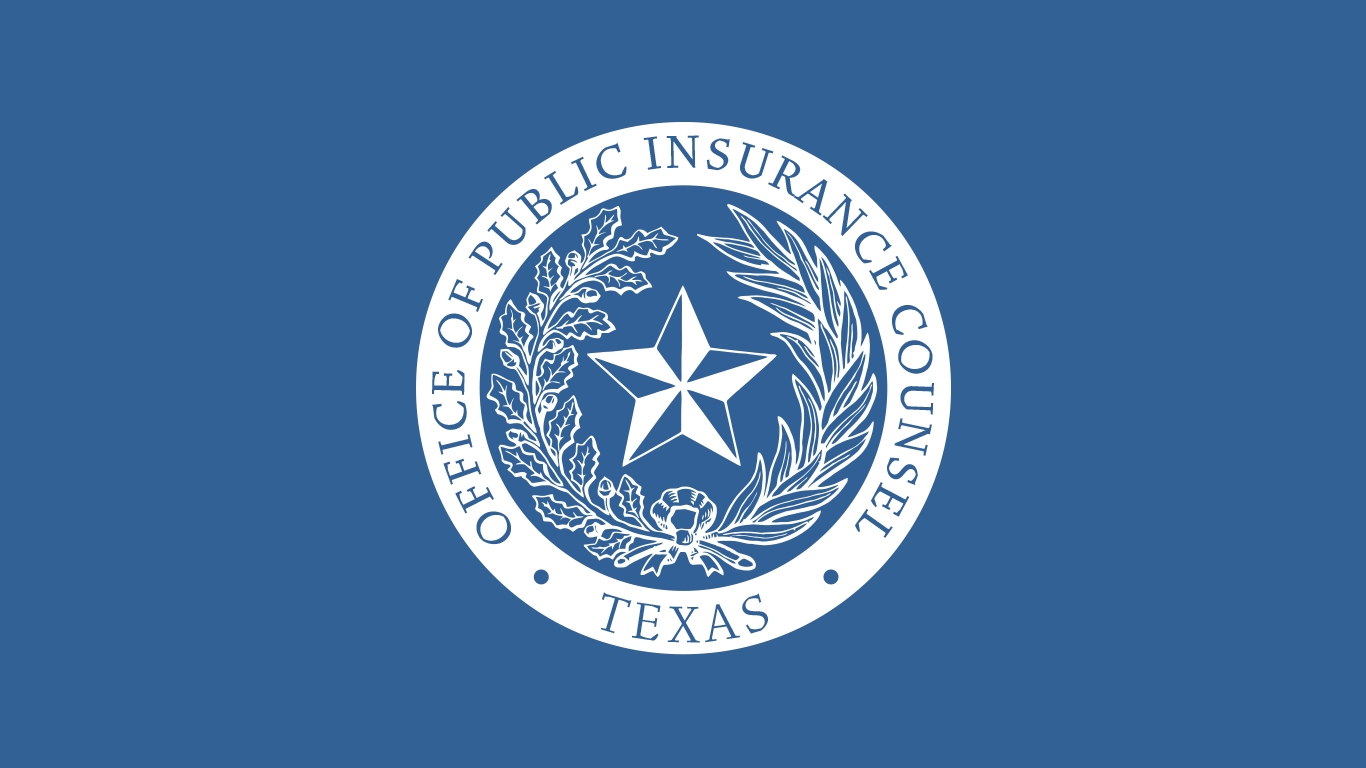Home>Finance>What Is The Grace Period For Life Insurance Premiums In Georgia?


Finance
What Is The Grace Period For Life Insurance Premiums In Georgia?
Published: February 20, 2024
Learn about the grace period for life insurance premiums in Georgia and how it impacts your finances. Understand the regulations and options available.
(Many of the links in this article redirect to a specific reviewed product. Your purchase of these products through affiliate links helps to generate commission for LiveWell, at no extra cost. Learn more)
Table of Contents
Introduction
Life insurance serves as a crucial financial safety net, providing peace of mind and security to policyholders and their loved ones. Understanding the intricacies of life insurance premiums and related regulations is essential for making informed decisions and ensuring the continuous coverage that this vital protection offers.
In the state of Georgia, like in many other regions, life insurance policies come with a grace period for premium payments. This grace period is a valuable provision that offers policyholders a buffer of time to make payments beyond the due date without facing immediate negative consequences. However, it's important to comprehend the specifics of this grace period, including its duration and implications, to effectively manage life insurance premiums and avoid potential lapses in coverage.
In this comprehensive guide, we will delve into the nuances of life insurance premiums and the grace period in Georgia. By gaining insights into these aspects, policyholders can navigate the realm of life insurance with confidence, ensuring that their coverage remains intact and continues to provide the intended benefits. Let's explore the intricacies of life insurance premiums and the grace period in Georgia to empower policyholders with the knowledge they need to make informed decisions and safeguard their financial well-being.
Understanding Life Insurance Premiums
Life insurance premiums represent the periodic payments made by policyholders to maintain their coverage. These payments are typically made monthly, quarterly, or annually, depending on the terms of the policy. The amount of the premium is determined by various factors, including the policyholder’s age, health status, coverage amount, and the type of life insurance policy. Generally, younger and healthier individuals are likely to pay lower premiums, while those seeking higher coverage amounts or riskier policy types may face higher premium costs.
Life insurance premiums play a crucial role in sustaining the financial security that life insurance offers. By paying premiums on time and in accordance with the policy terms, policyholders ensure that their coverage remains active and that their beneficiaries will receive the intended benefits in the event of the policyholder’s passing. Understanding the significance of timely premium payments is essential for maintaining the continuity and effectiveness of life insurance coverage.
Moreover, the timely payment of premiums is a testament to the policyholder’s commitment to upholding their end of the insurance contract. It reflects a proactive approach to financial planning and risk management, demonstrating a dedication to protecting loved ones and mitigating the potential impact of unforeseen circumstances. By comprehending the fundamental role of life insurance premiums, policyholders can appreciate the value of this financial commitment and its implications for their overall financial well-being.
The Grace Period for Life Insurance Premiums in Georgia
In Georgia, as in many other states, life insurance policies include a grace period that provides a window of opportunity for policyholders to make premium payments beyond the due date. This grace period offers a valuable safeguard, allowing policyholders to avoid immediate policy lapses in the event of delayed payments. While the specifics of the grace period can vary based on the insurance company and policy terms, it typically ranges from 30 to 31 days.
During the grace period, the life insurance policy remains in force, providing continued coverage to the policyholder. This means that even if the premium payment deadline has passed, the policyholder can still submit the payment within the grace period to maintain uninterrupted coverage. It’s important to note that while the policy remains active during this period, the benefits payable in the event of a claim may be impacted if premiums are not paid within the grace period.
Understanding the duration and conditions of the grace period is crucial for policyholders in Georgia. By being aware of this timeframe, policyholders can effectively manage their premium payments and avoid the unintended consequences of a lapsed policy. Additionally, staying informed about the grace period empowers policyholders to take timely action in the event of any financial challenges that may affect their ability to pay premiums by the initial due date.
Policyholders in Georgia should review their insurance policy documents or consult with their insurance agent to gain clarity on the specific details of the grace period applicable to their life insurance coverage. By familiarizing themselves with the terms and conditions related to premium payments and the grace period, policyholders can proactively maintain their coverage and ensure that their life insurance continues to serve its intended purpose of providing financial security and protection.
Consequences of Missing Premium Payments
Missing premium payments for a life insurance policy can have significant implications for policyholders in Georgia. When a premium is not paid within the specified grace period, the policy may lapse, leading to the termination of coverage and the loss of associated benefits. This can leave the policyholder and their beneficiaries vulnerable to financial risks and unprotected in the event of the policyholder’s passing.
One of the primary consequences of missing premium payments is the potential loss of life insurance coverage. If the grace period elapses without the payment of overdue premiums, the policy may be deemed lapsed or terminated by the insurance company. In such cases, the policyholder forfeits the right to claim benefits, and the intended financial protection provided by the life insurance policy is no longer in effect.
Furthermore, the reinstatement of a lapsed policy may involve additional complications and requirements, potentially leading to higher costs or the need for medical underwriting. This can pose challenges for policyholders seeking to regain the coverage they previously held, underscoring the importance of timely premium payments to avoid such scenarios.
Additionally, the financial investment made in the form of previously paid premiums may be jeopardized if the policy lapses due to missed payments. Policyholders may lose the accumulated cash value or surrender value of the policy, depending on the type of life insurance they hold. This can result in a loss of the financial resources committed to the policy over time, highlighting the adverse impact of missed premium payments on the overall value of the coverage.
Understanding the consequences of missing premium payments is essential for policyholders in Georgia. By recognizing the potential risks and drawbacks associated with lapsed policies, policyholders can prioritize the timely payment of premiums to maintain the continuity and effectiveness of their life insurance coverage.
Options for Managing Premium Payments
Policyholders in Georgia have several options for effectively managing their life insurance premium payments to ensure the continuous coverage and benefits offered by their policies. By exploring these options and implementing proactive strategies, policyholders can navigate the challenges associated with premium payments and maintain the integrity of their life insurance coverage.
One approach for managing premium payments is to set up automatic payments through electronic fund transfers or recurring credit card charges. By enrolling in automatic payment plans, policyholders can streamline the premium payment process and reduce the risk of missing deadlines. This automated approach helps ensure that premiums are consistently paid on time, minimizing the potential for policy lapses due to missed payments.
Another option for managing premium payments is to explore flexible payment schedules offered by insurance companies. Some insurers provide the flexibility to adjust the frequency of premium payments, allowing policyholders to align their payment schedules with their financial circumstances. By opting for a payment schedule that accommodates their income patterns and budget, policyholders can maintain timely premium payments without undue financial strain.
Policyholders facing temporary financial challenges that may impact their ability to pay premiums within the standard timeframe can consider reaching out to their insurance company to discuss potential solutions. In some cases, insurers may offer grace period extensions or alternative payment arrangements to support policyholders during difficult times. Open communication with the insurance provider can help policyholders explore viable options for managing premium payments without risking the lapse of their policies.
Additionally, reviewing and adjusting the coverage amount and policy type based on evolving financial needs and priorities can be a strategic approach to managing premium payments. By assessing their life insurance requirements and consulting with insurance professionals, policyholders can optimize their coverage to align with their current circumstances, potentially affecting premium costs and overall financial planning.
By leveraging these options and staying proactive in managing premium payments, policyholders in Georgia can uphold the continuity and effectiveness of their life insurance coverage, ensuring that their financial protection remains intact and responsive to their evolving needs.
Conclusion
Life insurance premiums and the associated grace period in Georgia are integral components of maintaining effective coverage and financial security. By comprehending the significance of timely premium payments and understanding the nuances of the grace period, policyholders can proactively safeguard their life insurance benefits and mitigate the risks of policy lapses.
It is essential for policyholders to recognize the potential consequences of missing premium payments, including the loss of coverage and the forfeiture of associated benefits. By prioritizing the timely payment of premiums and exploring available options for managing payments, policyholders can navigate the complexities of premium management and ensure the continuity of their life insurance coverage.
Moreover, staying informed about the grace period and its implications empowers policyholders to make informed decisions regarding their premium payments, aligning their financial planning with the requirements of their life insurance policies. By leveraging automated payment options, exploring flexible payment schedules, and maintaining open communication with their insurance providers, policyholders can effectively manage premium payments and uphold the integrity of their life insurance coverage.
In conclusion, a proactive and informed approach to managing life insurance premiums in Georgia is paramount for preserving the intended benefits of life insurance and providing enduring financial protection for policyholders and their beneficiaries. By embracing the insights and strategies outlined in this guide, policyholders can navigate the realm of life insurance premiums with confidence, ensuring that their coverage remains resilient and responsive to their evolving needs.














